Working from Home 2021: How are you keeping your business documents safe?
Information and privacy may be a concern for some employers once their staff, who once worked in a traditional office setting, transitioned into working remotely. How do you know that your company’s confidentiality is not compromised? The Office of the Information and Privacy Commissioner of Alberta has released a list of considerations to be made by employers when they allow employees to work from home.
ELECTRONIC
Keep your personal and professional computing separate when possible. Instead of using employee’s personal electronics, it is recommended that employers provide a laptop or computer device for work-related purposes. These devices should be encrypted properly to prevent theft.
Reminding each other to stay vigilant. A year into the pandemic, the same sense of anxiety and alertness have since faded, leaving WFH employees less diligent on the lookout for suspicious emails. However a Deloitte article finds that “25% (of WFH surveyors) report an increase in fraudulent emails, phishing attempts and spam to their corporate email since the start of the COVID-19”. Experts recommend reminding employees to be vigilant and reminded of fundamental safety measures when working remotely.
PAPER
Keep papers out of sight. Employees are responsible for keeping their office desks organized and tidy. That being said, home workers should recognize the importance of treating work files differently from personal documents found around the house.The OIPC recommends that confidential documents are not to be left unattended. This includes inside a locked vehicle or around the house in an open area. Instead, opt for an enclosed folder or lockable cabinet.
At the same time, keep your eye on paper documents. Paper documents may pose a security risk if thrown away unintentionally or lost. This is crucial, as paper documents cannot be tracked down.
Stricter management and organizational policies. Access to sensitive documents should be monitored. Policies could include determining exactly who may or may not be in custody of files and subsequently tracked if handed to another employee.
Don’t just recycle papers. Avoid carelessly tossing unneeded papers into your home recycling bin. Instead, consider investing in a home paper shredder in the meantime, or retaining your disposed files in a secured container until you have access to a professional shredding service.
For professional shredding and disposal of electronic and paper files, contact us at info@merlingshredding.ca.



